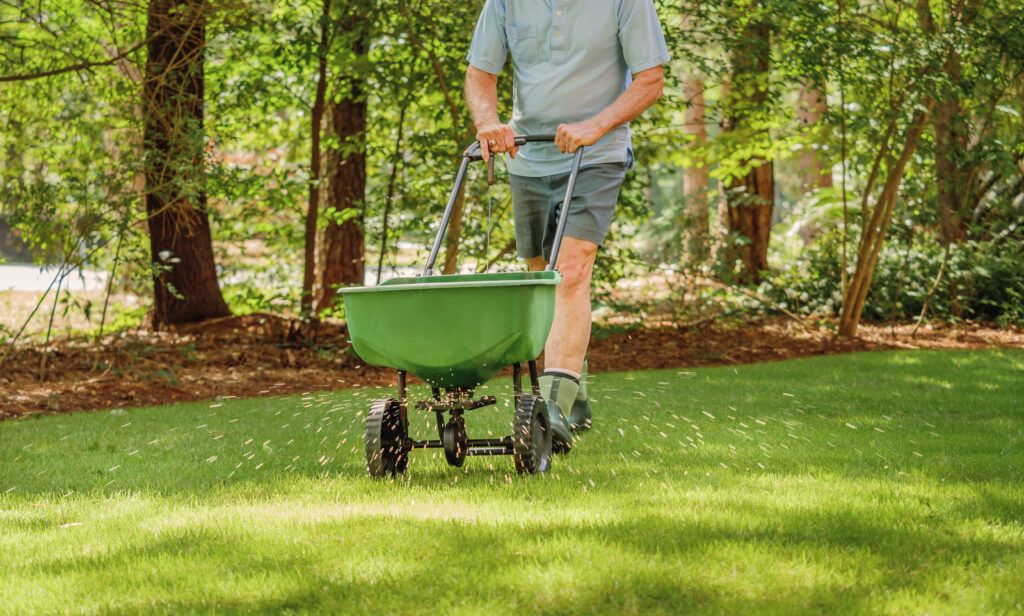Understanding Garden Fertilization from Perkco Supply Inc.
This month, Perkco Supply Inc. is blogging the best fertilizing schedule for your garden. Fertilization is a key element in maintaining a healthy and productive garden. It provides essential nutrients that plants need to thrive, such as nitrogen, phosphorus, and potassium (N-P-K). Understanding these basics is the first step to creating the best fertilizing schedule for your garden in and around Exeter, ME. Keep in mind we carry fertilizer in our store.
Timing Matters: When to Fertilize
Timing is crucial in garden fertilization. Here’s a seasonal breakdown of when to apply fertilizers:
- Spring: As plants emerge from dormancy, apply a balanced, slow-release fertilizer to encourage strong growth and green foliage. This is also the ideal time to address any nutrient deficiencies.
- Summer: In late spring and early summer, consider a second round of fertilization for heavy-feeding crops or plants. Be cautious not to over-fertilize, as this can lead to excessive growth at the expense of fruit or flower production.
- Fall: As plants prepare for winter, provide a final application of fertilizer to help them withstand cold temperatures. Use a slow-release, low-nitrogen formula to avoid promoting tender new growth that frost could stop.
Types of Garden Fertilizers
Choosing the right type of fertilizer is crucial for your garden’s success. Here are some common options:
- Granular Fertilizers: These are solid, slow-release pellets that provide nutrients over an extended period. They are ideal for long-term plant health and convenience.
- Liquid Fertilizers: Liquid fertilizers work quickly and are absorbed by plants through their leaves and roots. They are great for fast results and addressing immediate nutrient deficiencies.
- Organic Fertilizers: Organic options, such as compost or well-rotted manure, improve soil structure and add nutrients naturally. They are environmentally friendly and enhance soil health.
- Synthetic Fertilizers: Synthetic fertilizers contain concentrated nutrients and work rapidly. However, they can harm beneficial soil organisms if overused and may lead to nutrient imbalances.
Tips for Effective Fertilization
To maximize the effectiveness of your fertilizing schedule, consider these tips:
- Soil Testing: Conduct a soil test to determine your garden’s specific nutrient needs. This will help you choose the right fertilizer blend.
- Follow Package Instructions: Always read and follow the instructions on fertilizer labels to avoid over- or under-fertilizing.
- Avoid Fertilizing During Drought: Fertilizing during dry conditions can stress plants. Ensure your garden has adequate moisture before applying fertilizers.
- Apply Fertilizer Evenly: Spread or apply fertilizer evenly to prevent concentrated areas of nutrients, which can lead to uneven plant growth.
- Keep Records: Maintain a garden journal to track your fertilizing schedule and its effects on plant health and growth.
Do you need help determining the best fertilizing schedule for your garden? Call Perkco Supply Inc. at (207) 897-3027. Visit our Facebook for more great information. We are happy to help you determine the best fertilizing schedule for your garden.
